7 Recommendations to Fight Pink Eye Naturally
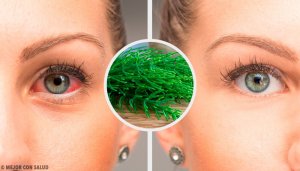
If you have terrible itching in your eye along with swelling, redness, and discharge, you might have pink eye. It’s a mild condition that should be treated appropriately to prevent any eye complications.
In this article, we’ll look at the best tips and natural remedies to fight pink eye simply and effectively.
What is pink eye?
Pink eye (conjunctivitis) is the inflammation of the conjunctiva, which is the membrane that covers the inside of the eyelid and the front of the eye.
It tends to be brought on by irritants, bacteria, or allergies.
Conjunctivitis causes very bothersome symptoms, such as:
- Pain and itchiness,
- Sensitivity to light,
- Swelling and redness,
- Blurred vision,
- Watery eyes,
- Gritty sensation.
Check out this article:
Tips for treating pink eye
1. Hydrotherapy
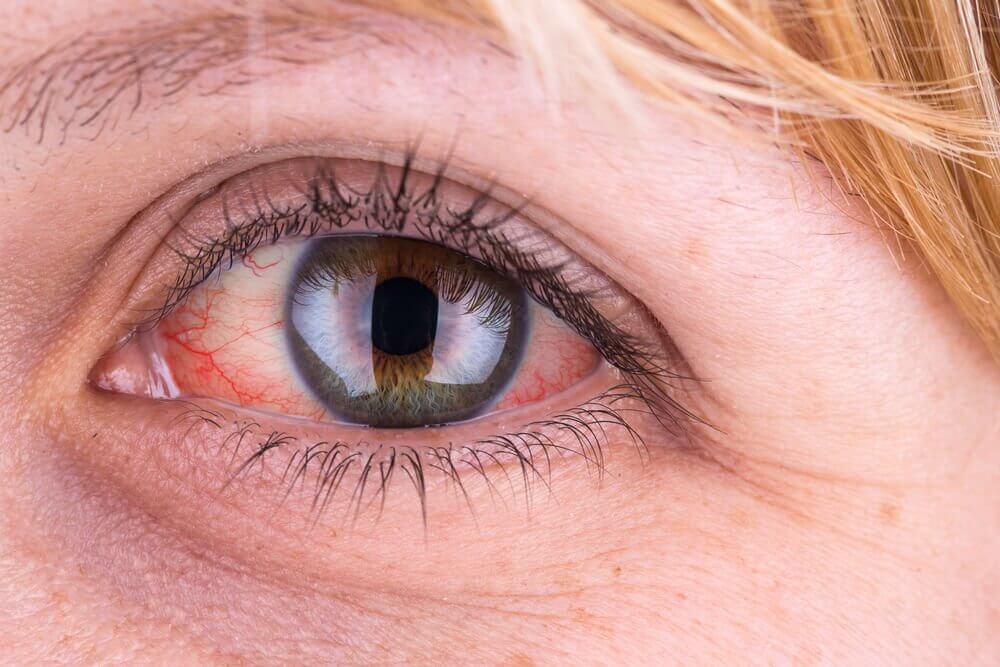
Water at different temperatures is a simple, natural, and inexpensive way to treat illnesses.
In the case of pink eye, applying a cold-water compress on the affected eye can speed up healing and bring great relief.
You can use it many times throughout the day, especially if your eyes are very sensitive to other topical treatments.
2. Horsetail and echinacea tea
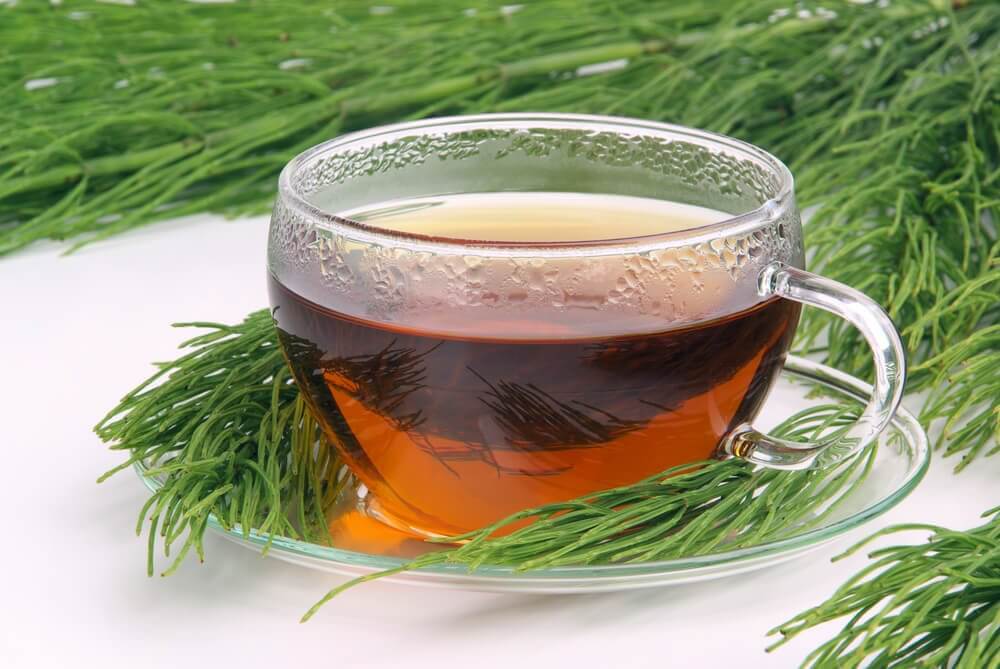
Give your natural treatment a boost with the help of this tea, featuring two medicinal plants:
- Horsetail: This medicinal plant has anti-inflammatory and healing properties thanks to its high mineral content, especially silicon.
- Echinacea: One of the best remedies to strengthen the immune system so that your defenses can fight whatever virus or bacteria come its way.
You can also take it as a preventive measure or as a treatment, but only during short a period of time.
- These plants shouldn’t be boiled.
- Instead, remove them from the heat after bringing the water to a boil, and let them sit for 20 minutes.
- Drink them throughout the day until you notice an improvement.
3. Chamomile poultice

You can also use medicinal plants for remedies that can be applied topically to an affected eye. This way, you’ll combine various healing methods to overcome conjunctivitis as soon as possible.
Chamomile is an excellent plant for eye problems, since it has anti-inflammatory and antiseptic properties that calm pink eye symptoms and speed along recovery.
- Prepare chamomile tea and apply it to your eyes by dipping a small towel or washcloth in the tea.
This way, the tea can work on the eyelids and slowly be absorbed by the eyes.
- Use this poultice two or three times throughout the day.
4. Hygiene
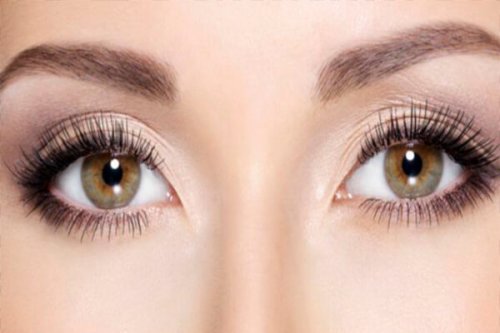
Proper hygiene is crucial to treating pink eye but it’s also important to avoid spreading it.
We recommend these simple tips:
- Avoid rubbing your eyes often.
- Use a dedicated towel for the affected eye.
- Don’t touch your eyes with dirty hands.
- Use more precaution if you use contact lenses.
- Avoid using cosmetics during treatment. If you get conjunctivitis often, avoid using these products or look for natural or hyper-allergenic ones.
5. Alkaline diet

When part of the body is inflamed, it’s always the result of excess acidity. Therefore, if you want to fight pink eye, you should eat alkaline foods that regulate pH levels from the inside.
Some of the most alkaline foods include:
- Vegetables,
- Fruit like avocados, grapefruit, lemons, bananas, and watermelon,
- Garlic,
- Dried fruit and seeds,
- Seaweed,
- Cayenne pepper.
Want more information? Read:
6. Natural eye drops
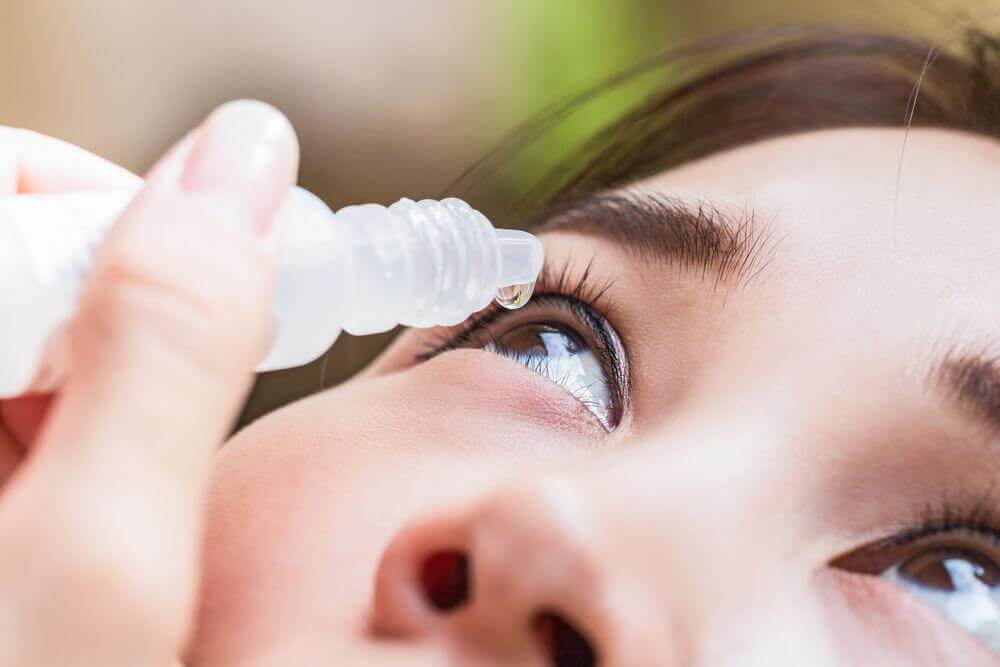
To strengthen your treatment, you can use natural eye drops made from medicinal plants like eyebright.
There are also homeopathic eye drops that don’t involve secondary risks to your health. They can be adapted to your condition’s specific symptoms.
7. Natural supplements
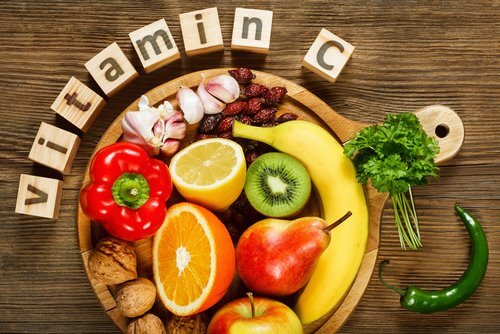
Some natural supplements are very effective in preventing and treating eye conditions. In this case, we recommend the following vitamins:
- Vitamin A: Present in foods rich in carotenes and beta-carotene.
- B Vitamins: Very beneficial to eye health.
- Vitamin E: Prevents damage to your sight caused by free radicals.
- Vitamin C: Strengthens the immune system and helps to better absorb vitamins A and E.
All cited sources were thoroughly reviewed by our team to ensure their quality, reliability, currency, and validity. The bibliography of this article was considered reliable and of academic or scientific accuracy.
- Valencia, M. F. E., & Villa, R. C. (2007). Alergia ocular: Un reto diagnóstico. Iatreia.
- Orden Martínez, B., Martínez Ruiz, R., & Millán Pérez, R. (2004). Conjuntivitis bacteriana: Patógenos más prevalentes y sensibilidad antibiótica. Anales de Pediatria. https://doi.org/10.1157/13062868
- Martín Bun, M., Carreño Freire, P., & Saniger Herrera, J. M. (2009). Conjuntivitis. FMC – Formación Médica Continuada En Atención Primaria. https://doi.org/10.1016/s1134-2072(09)70294-4
This text is provided for informational purposes only and does not replace consultation with a professional. If in doubt, consult your specialist.








